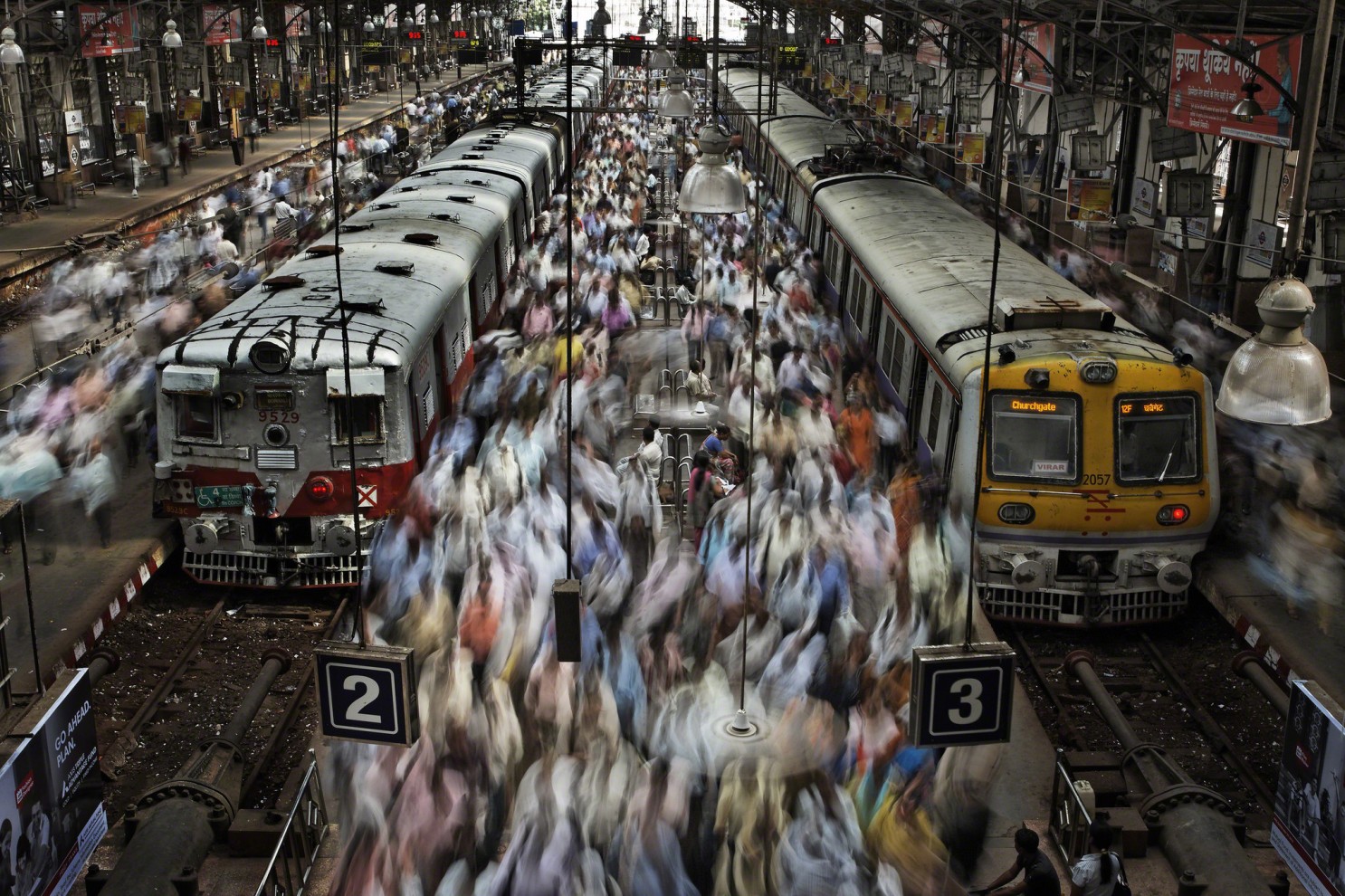
In recent times, the urban population has witnessed tremendous growth. As per reports, around 56.2 percent of the world population was situated in urban areas in the year 2020. In the case of the developing world, this growth has overwhelmingly included rural migration to informal settlements in and around cities, more commonly known as “slums”.
A slum is a densely populated urban area with the following characteristics: poor-quality housing, substandard infrastructure, inadequate access to safe water, lack of proper sanitation, sewerage and basic facilities etc. A slum is more than just a place of concentrated poverty; it is an area of physical and social degradation.
Apart from rural-urban migration, a slum is formed due to an overlapping of multiple factors which include economic recession, high unemployment, poor planning, politics, natural disasters, poverty and the informal economy.
Given that all these factors are prevalent in Pakistan, around 40.1 percent of our urban population is living in slums. These settlements have existed for over several decades in our beloved country. They consist of improvised buildings and houses typically made of materials such as mud, brick and wood.
Additionally, many of these shanties are built illegally by local land mafia. They rent out the homes to impoverished people and exploit them by taking advantage of their helplessness.
Given such poor conditions, the living standards of these slum residents are quite horrific. In these areas, crime rates are high and multiple diseases are common. Lack of sanitation and toilet facilities leads to contamination of the groundwater, which relies on soil distinctiveness and distance between sources of water and toilets.
Garbage management and the disposal and drainage systems are also poor. Exposed domestic wastes are quite common in these areas, which is hazardous to health.
The health of women and children in slums is also unsatisfactory due to the lack of check-ups as well as the common occurrence of anaemia during pregnancy, leaving most of the children non-immunised. No wonder then that the infant mortality rate in Pakistan is high, with 67 children aged under 5 dying per 1000 live births.
However, not only human beings are facing the adverse effects of such areas. Rather, the sustainability of the environment is also at stake.
Environmental decay in a city is largely due to rapid urbanisation and a mismatch in the provision and maintenance of housing and infrastructure. In these areas, waste collection is poor, so the amount of contamination is high. This means that slums have a detrimental effect on natural ecosystems.
Their presence can contribute to environmental destruction and loss of natural resources along with water contamination, air pollution, traffic hazards, and the amplification of heatwaves.
These destitute living conditions, along with poor nutrition, inadequate health-seeking behaviour and horrible environmental conditions result in a high prevalence rate of infectious diseases. Diarrhoea, acute respiratory infections, malnutrition, measles, pneumonia, tuberculosis and stunted growth are heavily prevalent in these areas.
Moreover, most of the residents can barely send their children to school (if at all), given their meagre income. As most of these slum dwellers are living below the poverty line alongside being uneducated and without a regular source of income, their socio-economic conditions only tend to become worse by the day rather than improving overtime.
Shelter is a basic human right. Both the Universal Declaration of Human Rights and the International Covenant on Economic, Social and Cultural Rights assert “the right of everyone to an acceptable standard of life for themselves and their families, including adequate food, clothes and accommodation, and the constant development of living conditions.” And Pakistan as a signatory of all of these commitments, should embrace these settlements as an integral part of the city and develop them properly. Only, then can we prosper as a nation, both socially and economically.
Real Madrid claim 1-0 victory over 10-man Atalanta
Abdullah Bin Hamza
The writer is a freelance columnist.
Source: https://nation.com.pk/25-Feb-2021/urban-population-growth-and-risks


